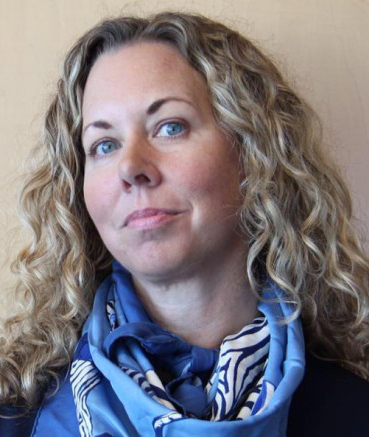Sometimes the most meaningful experiences arrive in the most unexpected ways.
That was the experience for York University political science Professor Gabrielle Slowey. Late last December, Slowey, who is also the director of the Robarts Centre for Canadian Studies at York University, received a direct message on Twitter from the Alvin Fiddler, who is the Grand Chief of the Nishnawbe Aski Nation (NAN) asking her to call him.

So, she did. During their conversation, Fiddler told Slowey that his team plans to participate in meetings at the United Nations that will be held in April 2020 and he wanted Slowey to be a part of his delegation and speak as part of his panel. The title of the proposed session is: “Climate Emergency and Impacts on Treaty and Inherent Rights” and the overall theme of the UNPFII 19th session is “peace, justice and strong institutions: The role of Indigenous peoples in implementing Sustainable Development.”
Slowey immediately agreed. “This is an amazing opportunity and I am honoured and humbled to be invited to join Chief Fiddler and his delegation in New York in April,” said Slowey.
Fiddler told Slowey that he was aware of her work with First Nations’ communities and the environment. Slowey, a settler (her parents immigrated from Ireland), has been working in, and with. First Nations communities since the late 1990s. Since that time, she has travelled to, or worked with the Mi’kmaq and Malisset communities of New Brunswick, the Mikisew Cree First Nation of Alberta, the James Bay Cree of Northern Quebec, the Ngai Tahu and Tainui of New Zealand, the Vuntut Gwitchin of Old Crow Yukon, the Inuvialuit of Tuktoyaktuk, Northwest Territories and the Delaware of Southwestern Ontario. Her research concentrates on the political economy of resource extraction, environmental/ecological governance, the duty to consult, treaties, land claims and self-government. Slowey’s approach is very much community-based and draws upon broader theoretical concerns of colonialism, reconciliation, staples and democracy.
In early March, Slowey will be attending the National Climate Change meetings taking place in Whitehorse, Yukon. She will also be presenting on her recent work on climate change and how northern First Nations are addressing it in their communities at the North American Indigenous Studies Conference taking place in Toronto in May.
Originally published in YFile.
